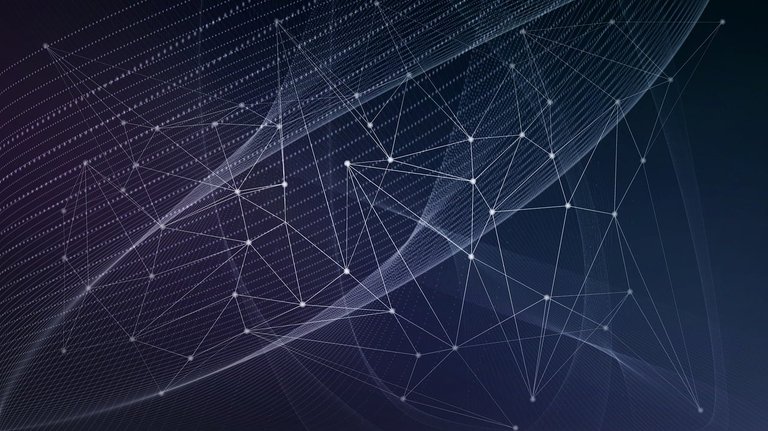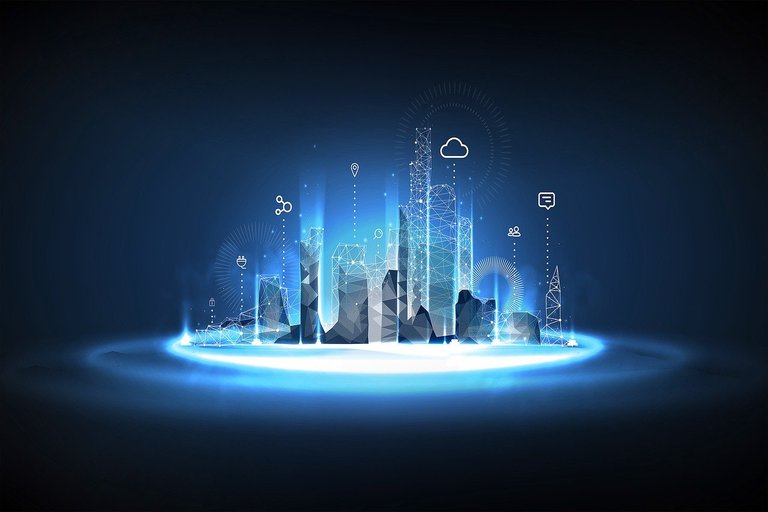
The contours of the world areimage changing. The world has been divided into two hemispheres and the line that divided is not of population, geography, or economy, it has been sketched on a technological basis dividing the world into online and offline worlds. Almost 67% of the world’s population is connected to the world but it is also worth noticing that a majority i.e. 2.2 billion is still without this basic facility. When some parts are at one click distance and enjoying fast connectivity, many are still living in the stone age as well.
The brouhaha about considering of internet as a basic right is at its peak these days. In the digitized world, the internet is the main thing but governments put curbs on it. Sometimes poor infrastructure results in internet distortions while sometimes the government itself throttles the internet to restrict the rising opposite voices and dissents.
Many countries in the world are still leading in an authoritarian style where dissenting voice is shushed through such means. By introducing firewalls and blocking people and content, governments are putting constraints on the smooth and fluent availability of the internet. Does the internet possess so much essentiality that it must be considered a fundamental right?
For this to be answered, we must know the definition of fundamental rights
**A fundamental right is a basic human right that is essential for a healthy way of living and is allotted irrespective of color, creed, race, ethnicity, or gender. UN Declaration of Human Rights is the charter that is compromised of all rights. **
According to Article 19 of UNDHR, the freedom of speech is a basic right of human beings and the internet is a basic requirement for vocal and unrestricted deliverance of speech and opinions. In the contemporary electronic era, the concept of raising voices and expressing opinions has changed from paper to screens. And for the provision of this right a smooth internet is essential.

image
Along with freedom of speech, the internet is the source for the provision of some other rights as well. For example
•Right to education
•Right to assembly
•Right for development
•Right for participation and interaction
•Equality rights
• Right to unearth oppression
•Keeping up democratic morals
History: In 2003, at the World Summit of the Information Society, governments, bureaucrats, and IT stakeholders affirmed their desire to alter the internet status of basic human rights due to its multi-dimensional applications.
In 2009, a BBC report based on a survey showed that almost 4/5 of internet users want the internet to be considered a fundamental right.
A special milestone was a report of a special rapporteur to the UN Frank Laa Rue who in his report alarmed the assaults the government made to throttle internet services to suppress dissenting voices. He declared that in many parts of the world, whether democratic or authoritarian, governments are manipulating internet services to silence the people’s opinions against their policies.
Justification to consider the Internet as a basic right
As I have stated earlier the internet is source of provision of many rights including freedom of speech to seeking education. In this digital world,we cannot survive with digital gap or digital deprivity and for the sound provision of above stated rights ,smooth,uninterrupted and across the board supply of internet must be considered as fundamental right.
Apart from this ,In 2015,almost 187 countries joined there hand to amelioeate ailments of the world and form 17 targets known as sustainable development goals for 2030. Despute passage of 15 years and remaining of only 6 years, we are yet to achieve them due to insouciance and negligence. Almost half of them are possible of the internet extends it services to every person and every area of the world.
Keeping in above arguments in mind, I on my behalf amendment in article 19 of UNDHR to officially recognise intenet as basic right.
This js my blog for #hl-exclusive and #hl-w151e2.




